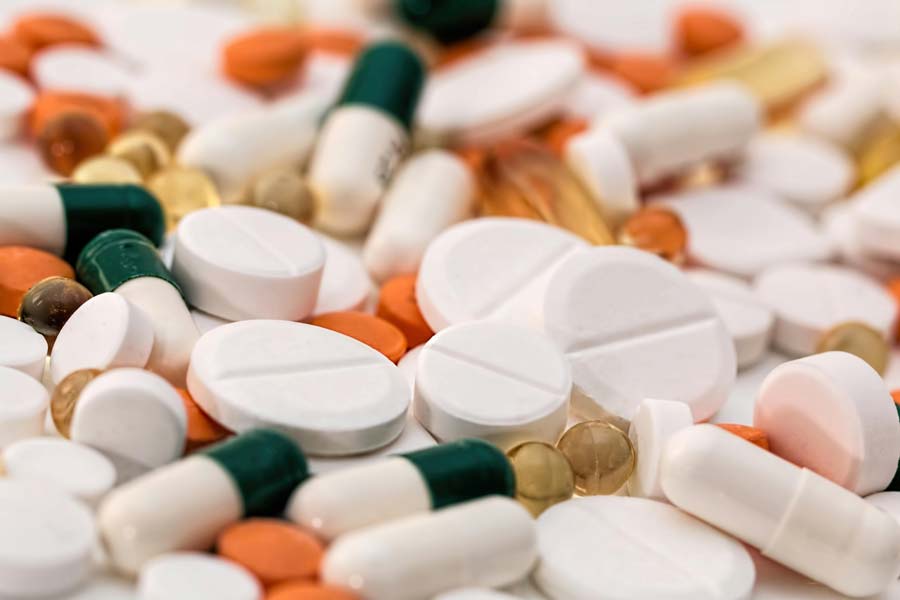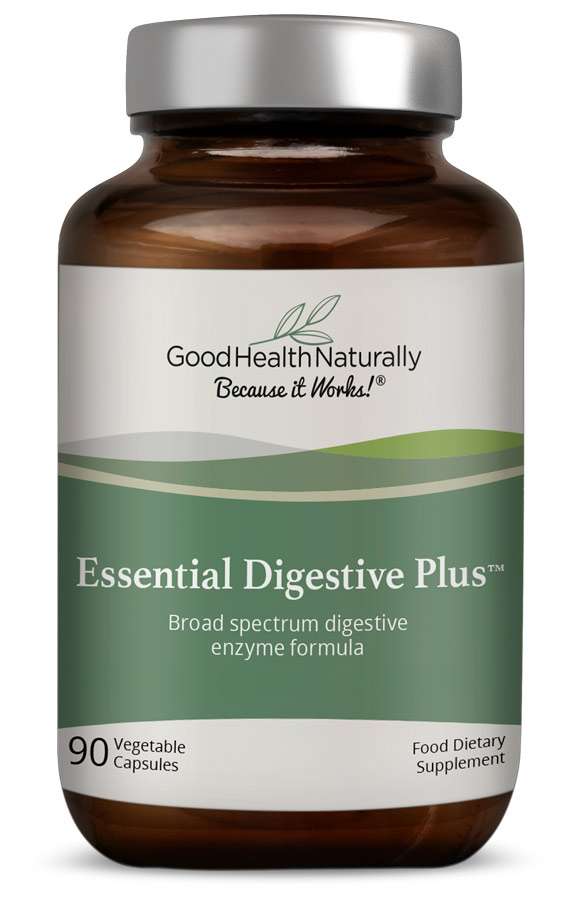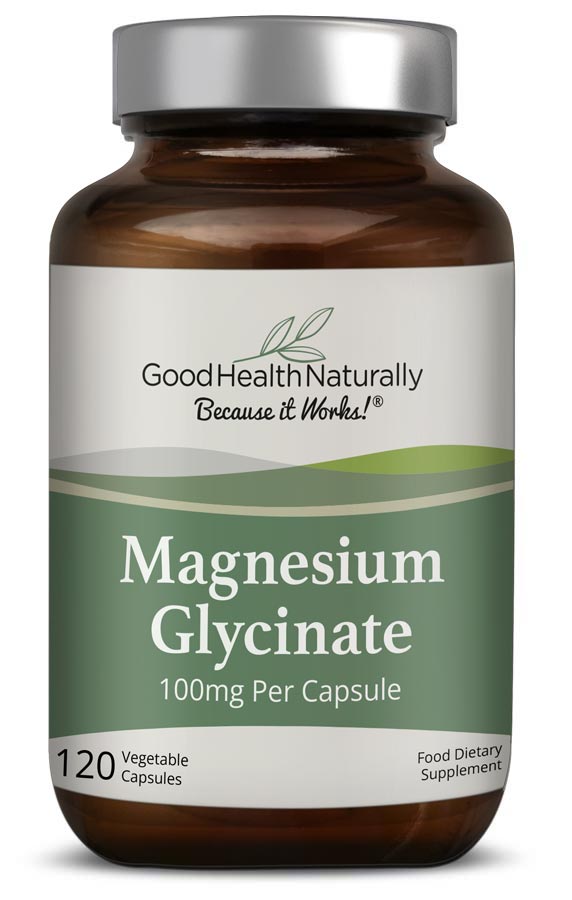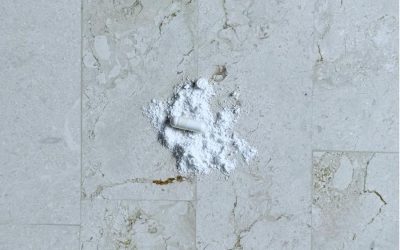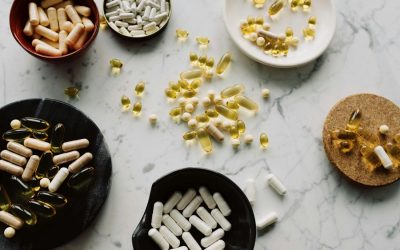While these medications are often seen as a convenient fix for digestive discomfort, long-term use without proper guidance may come at a hidden cost. Understanding how PPIs work and when they’re truly needed is the first step in making more informed choices about your gut health.
What Are PPIs and Why Are They Prescribed?
PPIs work by blocking the enzyme in the stomach lining that produces acid. This effectively reduces the amount of acid in the stomach, relieving symptoms of heartburn and allowing ulcers to heal. Common PPIs include omeprazole, lansoprazole, esomeprazole, and pantoprazole.
They are prescribed for:
- Chronic heartburn or acid reflux
- GERD
- Barrett’s oesophagus
- Gastric and duodenal ulcers
- pylori infections (alongside antibiotics)
While they can be highly effective in acute situations, many patients remain on PPIs for months or even years without reevaluation.
Why the Overuse of PPIs Is a Problem
Research indicates that up to 70% of PPI prescriptions may be unnecessary. Many individuals begin taking these drugs for mild or misdiagnosed symptoms and continue long-term due to a lack of follow-up care. The easy availability of PPIs over the counter has further fuelled this trend.
The overuse of PPIs is particularly problematic because stomach acid plays a vital role in digestion, nutrient absorption, and protecting the gut from pathogens. Suppressing acid long-term can disrupt these processes and lead to unintended consequences.
The Hidden Health Risks of Long-Term PPI Use
Nutrient Deficiencies
Low stomach acid can impair the absorption of key nutrients, including vitamin B12, magnesium, calcium, and iron. Over time, this can lead to fatigue, muscle cramps, bone loss, and cognitive issues.
Increased Fracture Risk
Reduced calcium absorption is linked to a higher risk of fractures, especially in older adults. Long-term PPI use has been associated with lower bone density in the hips, spine, and wrists.
Gut Microbiome Disruption
Acid helps control bacterial overgrowth in the gut. When acid is suppressed, harmful bacteria may flourish, increasing the risk of gastrointestinal infections such as Clostridium difficile.
Kidney Damage
Some studies have found a link between prolonged PPI use and an increased risk of chronic kidney disease and acute interstitial nephritis (kidney inflammation).
Dementia Risk
Emerging research suggests a possible connection between extended PPI use and an increased risk of dementia, though the evidence is still inconclusive.
Rebound Acid Hypersecretion
Stopping PPIs suddenly after long-term use can cause a surge in acid production, known as rebound acid hypersecretion. This can make symptoms worse, causing people to resume the medication unnecessarily.
Are You Producing Too Little Stomach Acid?
Interestingly, many digestive complaints blamed on excess acid may actually be caused by low stomach acid (hypochlorhydria). This is especially common in older adults and those under chronic stress.
Symptoms of low stomach acid can include:
- Bloating
- Gas after meals
- Belching
- Feeling overly full
- Undigested food in the stool
Suppressing acid further with PPIs in these cases can worsen the problem, not solve it.
Natural Alternatives for Heartburn and Reflux
If you’re dealing with heartburn or indigestion, consider these natural approaches before turning to long-term medication:
Digestive Enzymes and Bitters
These support stomach acid production and help break down food more efficiently.
Apple Cider Vinegar or Betaine HCl
These may aid digestion when taken before meals, but should be used cautiously, especially if ulcers are present.
Slippery Elm, Marshmallow Root and Aloe Vera
These soothe the digestive tract and help protect the lining of the oesophagus.
Magnesium (especially magnesium glycinate) and Zinc Carnosine
Both can help repair and support the integrity of the gut lining.
Lifestyle Adjustments
- Eat smaller meals
- Avoid eating late at night
- Raise the head of your bed
- Identify and avoid trigger foods like caffeine and spicy meals
When PPIs Are Still Necessary
Despite the risks of overuse, PPIs do have an important place in medicine. They are essential in treating:
- Active peptic ulcers
- Severe or erosive oesophagitis
- Barrett’s oesophagus
- pylori eradication (short term)
The key is using them appropriately, for the shortest time necessary, and under medical supervision.
Regular Medication Reviews Matter
Many people remain on medications like PPIs for years without re-evaluating their ongoing need. Regular check-ins with a GP or healthcare provider can help ensure that prescriptions remain appropriate and beneficial, especially as symptoms, lifestyle, and health status change over time.
The Bottom Line on PPI Overuse
The overuse of PPIs is a growing health concern, with mounting evidence linking long-term use to serious health risks. If you or someone you know has been taking PPIs for more than a few months, it’s worth reassessing with a healthcare professional. In many cases, natural approaches, targeted supplements, and lifestyle changes can help restore digestive balance, without relying indefinitely on acid-suppressing drugs.

